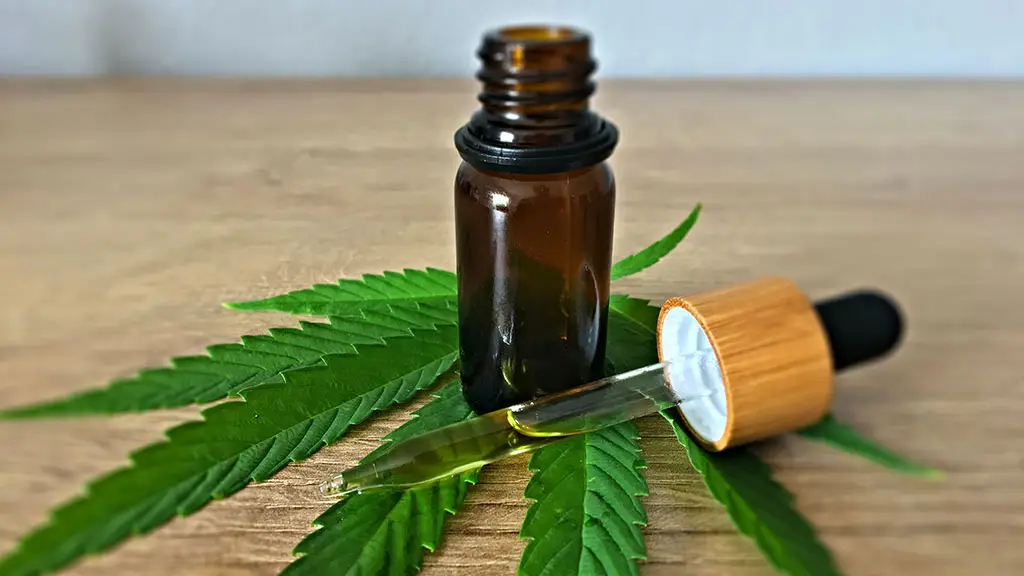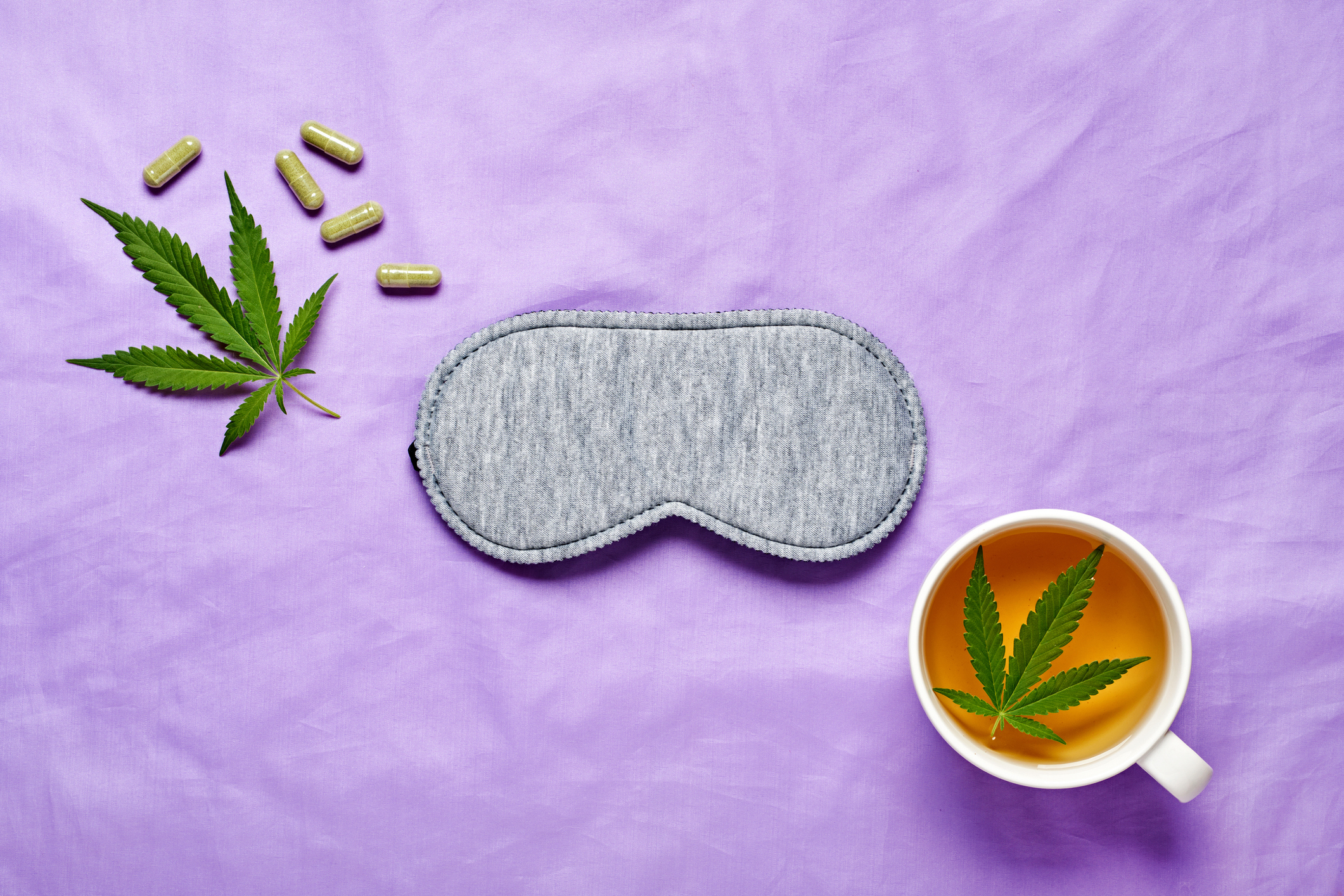Welcome to our in-depth exploration of cannabis and its therapeutic potential.
In this article, we delve into the various aspects of cannabis, including its effects, medical applications, and how it can provide relief for chronic pain and stress.
Whether you’re curious about the science behind cannabinoids or seeking alternative treatments for your health condition, this article is worth reading to gain a comprehensive understanding of cannabis and its therapeutic benefits.
The Therapeutic Potential of Cannabinoids:
Cannabinoids, the active compounds found in cannabis, interact with the body’s endocannabinoid system, influencing various physiological processes. Tetrahydrocannabinol (THC) and cannabidiol (CBD) are two primary cannabinoids that have sparked immense interest due to their therapeutic properties.
THC, known for its psychoactive effects, also offers pain relief, muscle relaxation, and appetite stimulation. It has shown promise in managing conditions like multiple sclerosis, neuropathic pain, and chemotherapy-induced nausea and vomiting.
On the other hand, CBD has gained attention for its non-psychoactive nature and diverse therapeutic potential. It exhibits anti-inflammatory, analgesic, anxiolytic, and neuroprotective properties, making it valuable in treating anxiety disorders, epilepsy, chronic pain, and even certain skin conditions like acne.
The Entourage Effect:
Beyond THC and CBD, cannabis contains hundreds of other compounds, including terpenes and flavonoids, which contribute to its therapeutic effects. This synergy, known as the entourage effect, suggests that the combined action of these compounds may enhance therapeutic outcomes compared to isolated cannabinoids. For instance, the terpene myrcene, found in cannabis and other plants, exhibits sedative properties, potentially augmenting the relaxing effects of THC.
Navigating Consumption Methods:
As the cannabis market expands, consumers have access to various consumption methods, each offering unique benefits and considerations. Smoking and vaping provide rapid onset of effects, making them suitable for acute symptom management. However, concerns about lung health prompt many to explore alternatives like edibles, tinctures, and topicals.
Edibles offer a discreet and convenient option for precise dosing, but they require longer onset times due to digestion. Tinctures, administered sublingually, allow for faster absorption into the bloodstream, ideal for quick relief without the respiratory risks associated with smoking. Meanwhile, topicals infused with cannabinoids provide localized relief from pain and inflammation without the psychoactive effects.
Cannabis and Mental Health:
Mental health conditions, including anxiety, depression, and PTSD, affect millions worldwide, driving interest in cannabis as a potential treatment option. While research is ongoing, preliminary evidence suggests that cannabinoids may offer relief by modulating neurotransmitter levels and reducing stress responses.
CBD, in particular, has emerged as a promising adjunct therapy for anxiety disorders. Studies indicate its anxiolytic effects, potentially mediated through its interaction with serotonin receptors in the brain. Moreover, CBD’s neuroprotective properties may hold promise in mitigating the long-term effects of chronic stress and trauma.
However, it’s essential to approach cannabis use for mental health cautiously, as individual responses can vary. Factors like dosage, frequency, and underlying health conditions must be considered to optimize therapeutic outcomes while minimizing adverse effects.
Cannabis and Physical Wellness:
Beyond mental health, cannabis plays a pivotal role in enhancing physical well-being, particularly in managing chronic pain and promoting relaxation. Athletes, in particular, are increasingly turning to cannabis products to aid in recovery and performance.
CBD-infused topicals, such as balms and creams, offer targeted relief for sore muscles and joint pain without the intoxicating effects of THC. Athletes report faster recovery times and reduced inflammation after incorporating these products into their post-workout routines.
Moreover, cannabis may have a place in holistic approaches to wellness, complementing practices like yoga, meditation, and massage therapy. By promoting relaxation and reducing stress, cannabinoids contribute to overall balance and vitality, fostering a deeper connection between mind and body.
Dispelling Myths and Addressing Concerns:
Despite the growing acceptance of cannabis in therapeutic contexts, misconceptions and concerns persist, hindering its widespread adoption. One prevalent misconception is the belief that cannabis is a gateway drug leading to addiction and substance abuse. However, extensive research indicates that while cannabis use disorder can occur, it’s relatively rare compared to other substances like alcohol and nicotine.
Another concern revolves around the potential for adverse effects, particularly cognitive impairment and psychosis, associated with long-term cannabis use. While these risks exist, they’re often influenced by factors like genetics, dosage, and age of onset. Additionally, emerging research suggests that certain cannabis strains high in CBD may mitigate the adverse effects of THC, highlighting the importance of strain selection and personalized dosing.
Regulatory Challenges and Future Directions:
Despite the promising research surrounding cannabis’s therapeutic potential, regulatory barriers impede widespread access and scientific exploration. Inconsistencies in legislation and classification hinder research efforts, limiting our understanding of cannabis’s full spectrum of effects and potential applications.
Moving forward, policymakers must prioritize evidence-based regulations that balance public health and individual liberties. Increased funding for cannabis research, streamlined access to medical cannabis programs, and enhanced education efforts are essential steps toward harnessing the plant’s therapeutic benefits while mitigating potential risks.
Key Takeaways:
Cannabis’s evolution from stigmatized substance to therapeutic ally reflects a paradigm shift in our understanding of its potential. As research continues to unravel the intricate mechanisms underlying its effects, cannabis stands poised to revolutionize healthcare and wellness practices worldwide. By embracing evidence-based approaches and fostering open dialogue, we can unlock the full potential of cannabis as a catalyst for health, wellness, and holistic healing.




